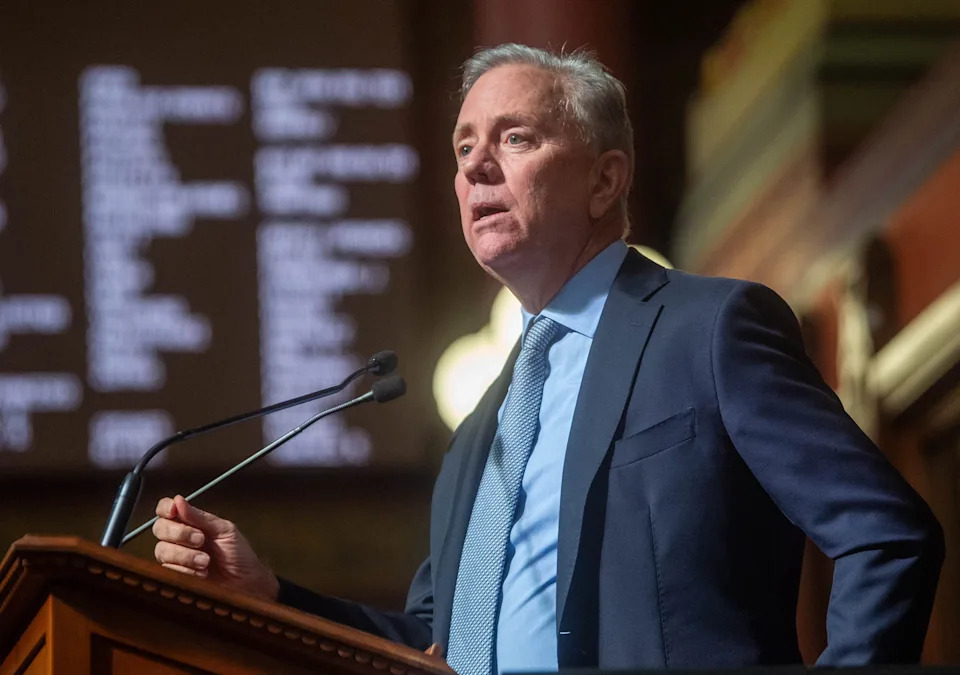
Connecticut wants to make generic GLP-1s. Will RFK Jr. lend a hand?
Key Points
- Connecticut's New Law: Connecticut passed a law signed by Gov. Ned Lamont on July 8 to reduce state spending on weight-loss drugs like GLP-1s (e.g., Ozempic, Wegovy, Mounjaro, Zepbound) by petitioning the US Health and Human Services (HHS) to use federal patent rights under 28 US 1498 to produce generics.**
- Cost Concerns: The state spent $140 million on these drugs in fiscal year 2024 for its HUSKY Health program, prompting this innovative approach to control costs while other states restrict or eliminate coverage.**
- Federal Collaboration: The law allows Connecticut to form a consortium with other states to contract generic manufacturers, with potential royalties paid to original drugmakers at reduced rates (e.g., 7.5%-10% of production costs).**
- Political and Legal Uncertainty: Gov. Lamont and experts express caution about overreach of federal patent law, and the response from HHS Secretary Robert F. Kennedy Jr. remains uncertain, with past uses of the law showing mixed outcomes.**
- Market Dynamics: With drug prices easing due to increased supply, compounding markets, and looming generic competition (e.g., in Canada), Connecticut’s move comes at a potentially impactful time for patent law application.**
Summary
Connecticut has enacted a groundbreaking law signed by Gov. Ned Lamont on July 8 to curb the soaring costs of weight-loss drugs like GLP-1s (e.g., Novo Nordisk’s Ozempic and Eli Lilly’s Mounjaro), which cost the state $140 million in 2024 for its HUSKY Health program. The legislation directs the Commissioner of Social Services to petition HHS Secretary Robert F. Kennedy Jr. to invoke federal patent rights under 28 US 1498, allowing generic production of these drugs with royalties paid to original manufacturers at reduced rates. This approach, likened to eminent domain, could involve a consortium of states to contract manufacturers, with other states already showing interest. While some states have limited or cut coverage, Connecticut expanded it in 2023 and now seeks a sustainable solution. However, Gov. Lamont and legal experts caution about potential overreach of federal law, and the response from HHS remains uncertain. Past uses of this patent law, such as for Hepatitis C drugs in Louisiana and anthrax medication post-9/11, show mixed results, often leading to negotiated deals. Amid easing drug prices, a growing compounding market, and upcoming generic competition in Canada, Connecticut’s strategy arrives at a critical juncture, though political will and legal challenges could impact its success. Experts and advocates are keenly observing whether this could set a precedent for addressing high drug costs nationwide.
yahoo
July 20, 2025
Stocks


